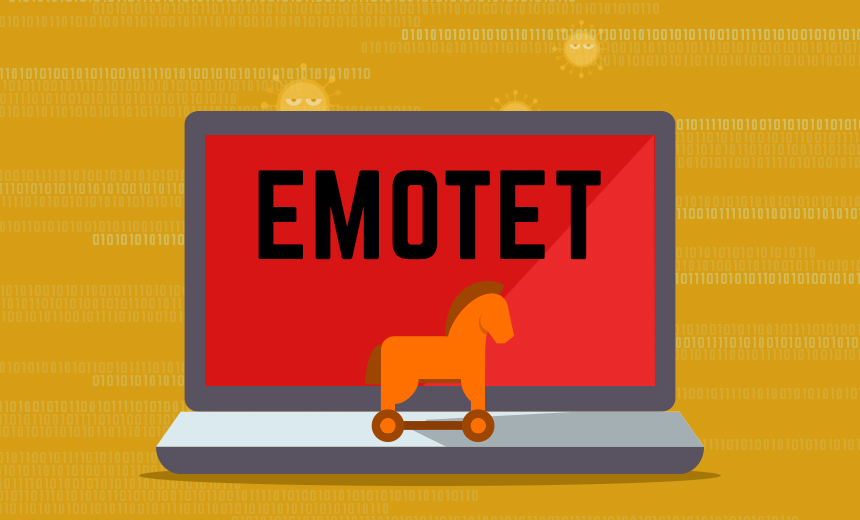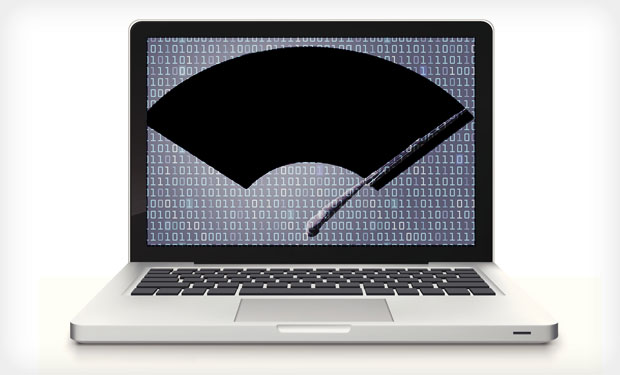
At the start of the third decade of the 21st century, you might hope that cyber threats are becoming a thing of the past — but you would be sorely mistaken. Cybercrime is as profitable as ever, largely because small businesses and home users continue to navigate the web without even the slightest protection on their devices and data, not to mention awareness of the dangers that lurk in unknown downloads and strange messages.
If you still connect to the internet without an ounce of cyber defense, it might be time to learn about some serious threats making concerted efforts to gain control of your devices and steal your data. Here are the biggest malware scams so far in 2024.
1. Emotet

Admittedly, Emotet is not a revolutionary, brand-new malware — but it is one that is surging in popularity as we launch into the next decade. First identified as a simple banking Trojan in 2014, Emotet was initially designed to steal credentials for online banks, but through the years, Emotet has gained a few bells and whistles. Now, Emotet is called a “loader” malware, which gains access to a system and allows operators to download second-stage payloads, which might do anything from generating annoying advertisements to mine cryptocurrency to create a powerful botnet. It seems likely that Emotet is operating as a Malware-as-a-Service, which means almost anyone can use it to achieve their own nefarious goals and misdeeds.
Unfortunately, in addition to becoming more complex, Emotet is quite difficult for humans to identify and avoid. The malware sends itself to everyone in an infected user’s contact list, and because the emails and messages are coming from a familiar address, they are rarely marked as spam in recipients’ inboxes. Thus, it is essential that you install antivirus software on all devices, so it can find and remove Emotet (and other malware) even if you can’t. If you are interested in anti-virus to check this site Trendmicro.
2. Wiper

In truth, “wiper” is the name of a class of malware designed to, well, wipe the hard drive of infected devices. There is a variety of wiper malware floating around the web, including Shamoon (first used in 2012 against Saudi energy companies) and Petya (used in 2017 against Ukraine). However, there is a wiper-type malware called Wiper, and that is likely what will threaten U.S. devices in the coming year or so.
Wiper was first deployed against Iranian oil companies in 2012 by an unknown source. Experts postulated that Wiper was a cybertool created by a state or state-sponsored hacking group, like Stuxnet — another malware that hit Iran hard. In 2024, as the U.S. gingerly tries to repair relations with Iran after assassinating a prominent Iranian general, Iran is threatening to use the same Wiper malware against U.S. devices. In the past, Iranian cyberattack groups have proved exceedingly effective, and this willingness to use such a destructive cyberweapon shouldn’t be taken lightly.
On one hand, as a humble citizen, you aren’t a likely target for the Wiper malware, which is more likely to find victims on government or critical corporate networks. Still, if you want to avoid a full-on cyber war (or real-life war) with Iran, you might want to carefully consider whom you elect to power in the upcoming 2024 election.
3. Joker

As Joaquin Phoenix heads to the Academy Awards, there’s another Joker that you need to be wary of: the Joker malware. Unlike the other threats on this list, Joker endangers not your computer but your mobile devices, especially if you utilize the Android operating system. First appearing in 2010, Joker has lurked in the Google Play store for almost a full decade, defying security professionals and corrupting Android apps. This latest evolution of Joker has befuddled Google Play’s defenses, sneaking in several variations of the same fraudulent app to steal money and data from mobile users.
Joker is technically a billing fraud malware. When you download and install an app laced with Joker, you unknowingly sign up for premium SMS or otherwise start being charged for services you don’t want, need or ever receive. Typically, expert advice tells you to avoid downloading apps from third-party sites, but when Google Play itself is compromised, you have to rely on malware detection tools on your mobile device. Again, a strong antivirus app will keep you safe.
By no means are Emotet, Wiper and Joker the only threats you will face in 2024 — they are merely the most active malware online at this moment in time. It is impossible to say for certain what types of malware will surge in the coming year, let alone the coming decade, but as long as you are equipped with cutting-edge security tools, you shouldn’t need to start the year off with any cyber woes.







